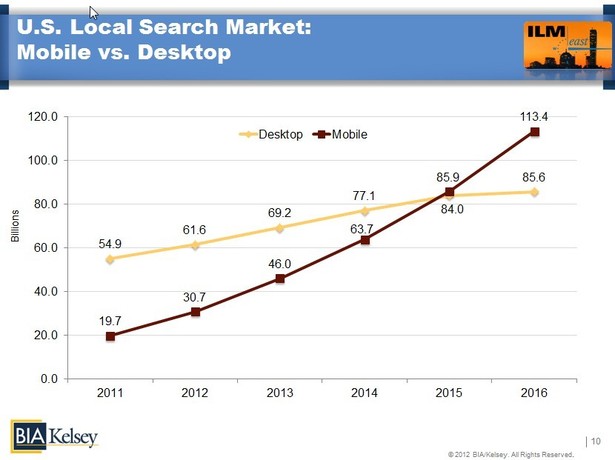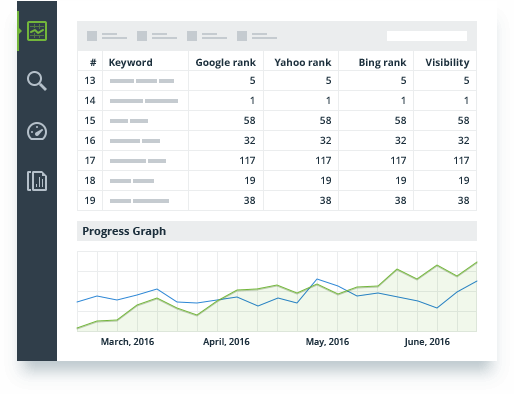Mobile Voice Search Tactics Become a Major Consideration
While it is still considered something of a novelty by parts of the SEO community, the growing popularity of mobile voice search is undeniable. A Principal Engineer at Google stated that the ratio of voice search is growing at a faster rate than typed search queries. At present, 55 per cent of teenagers and 40 per cent of adults use voice search daily on the Google App.
To service this trend, anyone who is unsure about the functionality of their mobile website would be prudent to look into it. Mobile user experience is now a factor for search rankings, so conduct a thorough audit to determine mobile functionality. If the results are unfavourable, your rankings can suffer. With mobile now the predominant source of search queries, an efficient and optimised mobile site is no longer optional as it once was.
When performing keyword research, think about the more conversational manner that voice searchers use, compared to the keyword-based nature of typed searches. Once you have a list of the kind of questions that users ask about your businesses, you can create content pages to target these queries.
The Mobile-First Index Will Finally Land
In simple terms, the mobile-first index refers to Google’s intention to rank search listings based on the mobile version of your website, rather than the desktop version. While the plan to put this into practise has been delayed, you can expect to see mobile-first indexing integrated by early to mid 2018.
The change is logical given that 3 out of every 5 Google searches now occur using a mobile device. Mobile searching isn’t just reduced to being out and about, as 77 per cent of mobile searches occur in the office or at home. The following graphic from a Neil Patel post demonstrates the scale of the recent swing towards mobile searches in the United States.
The major effect of mobile-first indexing that we can expect to see is businesses creating SEO optimised mobile sites that offer a great user experience. Businesses that use rudimentary or stripped-down mobile websites will find themselves left behind from an SEO perspective if they do not choose to optimise.
More SEO Evolution Than Revolution
At present, SEO algorithms have developed to a point where they are extremely advanced. Pages that are spammy or illegitimate are justly penalised, while pages with crafted backlinks and clever SEO strategies yield great results. We do not expect the fundamentals of SEO to go out the window in the foreseeable future – page speed is already a vital consideration, and we expect that speed and user experience will continue to be primary concerns from an SEO perspective going forward.
Your Search Results Will Be More Personalised
Personalised Search Engine Ranking Pages are nothing new, but we expect to see more tailored search results that rank based on location, search habits or interests. SEO practitioners don’t need to change their practice in this regard, as the best way to rank is by following traditional methods to rank high on a SERP. If a user clicks on a high-ranking page, they will subsequently be more likely to get results from the company in question on future searches.
SEO practitioners hoping to confirm that their rank tracking is as strong as they suspect can use Rank Tracker.
Rank Tracker can be customised to check your rank tracking in a depersonalised manner, allowing you to tweak your SEO tactics to give yourself the best chance at success.
Start 2018 with SEO Advice from Studio Culture
To give you or your company the best chance at SEO success, get in contact with Studio Culture today to discuss how we can help develop your strategy.





